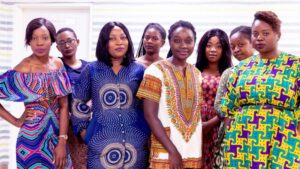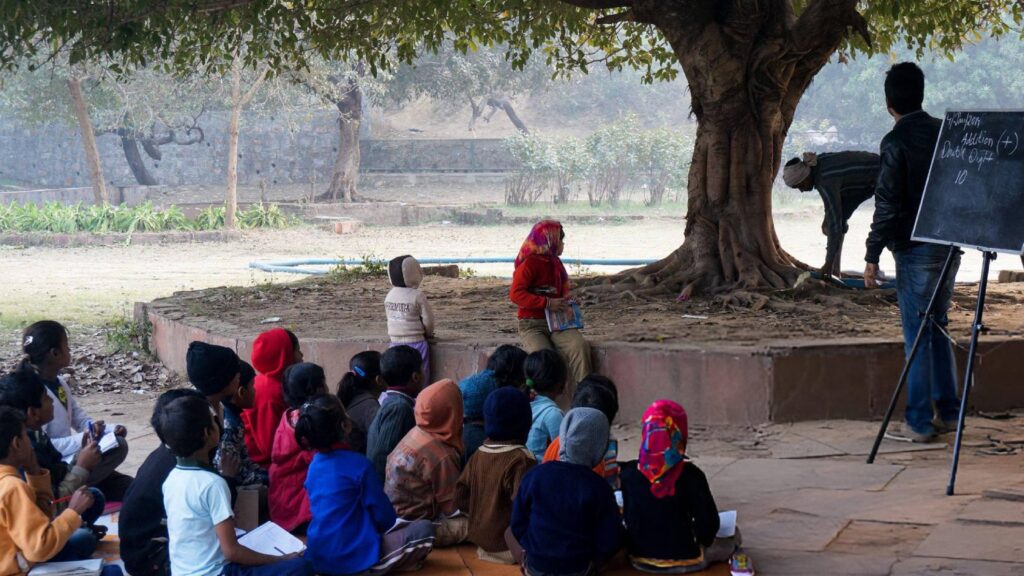Before printed pages, Africa’s libraries were her people. Oral storytelling carried the philosophy, theology, history, and humor of societies. Elders, griots, and wise women became memory-keepers, reciting myths, folktales, proverbs, and songs at communal gatherings. These were not just tales for entertainment—they were lessons in morality, education in disguise, and bonds of continuity. It was in oral traditions that many African values found eternal life.
The arrival of literacy and colonial schooling introduced new forms of record keeping, which threatened to displace orality. Yet oral traditions did not die; they adapted. Folktales were recorded, poems transcribed, and performances published. In this transition, publishing did not erase memory—it extended it to broader audiences. Literature, therefore, became a hybrid space, carrying oral techniques like repetition, metaphor, and rhythm into prose and print.
Early collectors of African folktales often distorted or simplified them for foreign consumption, but African writers reclaimed the form. By re-telling oral stories in their own languages or embedding them in novels, they preserved authenticity. Ngũgĩ wa Thiong’o, Amos Tutuola, and Ben Okri are examples of how oral imagination infiltrated modern novels, showing that folklore is not ancient relic but living cultural DNA.
Modern publishing houses and digital platforms now amplify African storytelling like never before. Writers record audiobooks in native tongues, podcasters revive folktales with fresh flair, and publishing strengthens continuity across generations. Oral tradition hasn’t merely survived—it thrives within new forms. Just as a fire spreads sparks to new places, oral memory has found life in e-books, performance poetry stages, and global literature festivals.
This evolution proves that African traditions are not static. They are dynamic, resilient, and adaptive. Oral storytelling turned into modern publishing is not a loss—it’s a rebirth. Just as the griot passes memory across centuries, the publishing world continues his work, reminding us that stories are the lifeblood of civilization.






